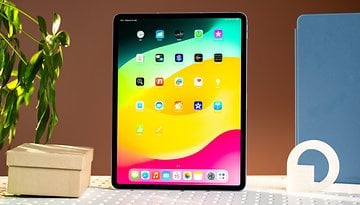The Journey to Apple's Chip Design Center in Munich: A Travelogue
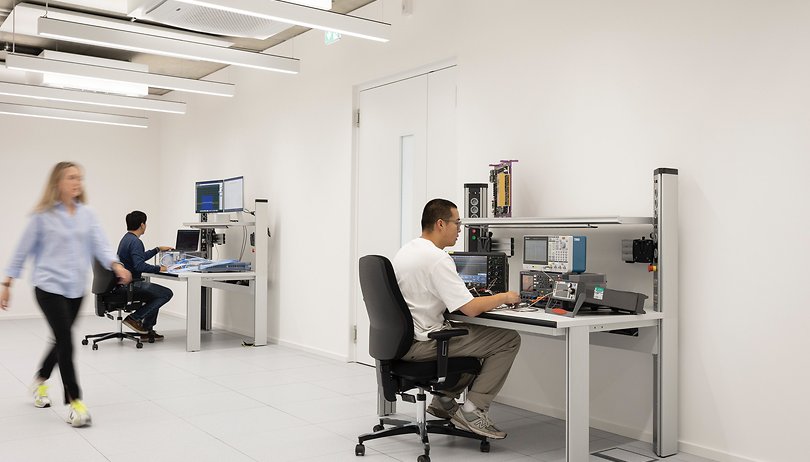
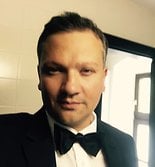
Read in other languages:
Apple has set new standards with its own chip design over the years. The M series, now installed in Macs, Macbooks, and iPads, is already in its third generation. It has been the gold standard in terms of speed and low-energy consumption for some time now. What few people know is a large proportion of the technologies used were also developed in Germany. Apple invited nextpit for a short tour of the European Center for Chip Design and provided some insights into its laboratories.
Apple's Munich headquarters: A short travelogue
The statistics regarding Apple's chip design center in Munich are quite remarkable. The California-based company has committed a total of one billion euros to this facility. Additionally, this spring, they promised another billion euros for the Munich site, establishing it as the largest R&D center in Europe.
This location is reportedly crucial for developing key technologies that contribute to the design of the M series chips, as well as other Apple silicon products used in iPhones, Apple Watches, and more.
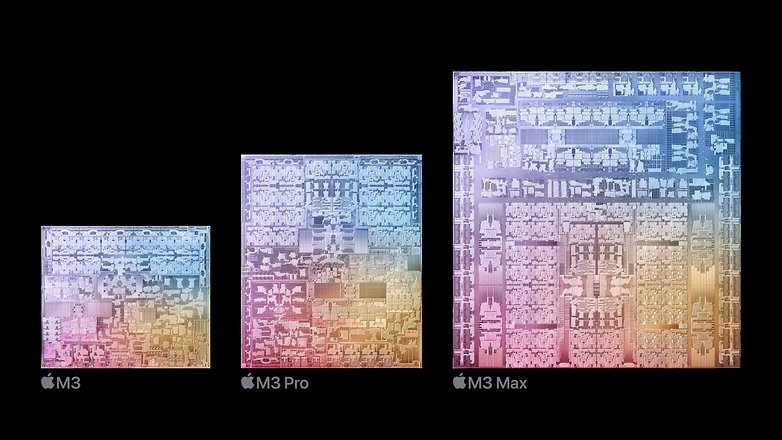
To be frank, the idea of Germany being a hub for cutting-edge technology research and development, particularly in chip design, had never crossed my mind.
As someone with a strong sense of national pride, I'm always ready to acknowledge Germany's numerous strengths, despite the various contemporary difficulties we face. Yet, it never occurred to me that technologies typically associated with South East Asia or California would be developed right here in Europe's core.
Apple sets real accents in Munich
Apple extended an invitation for us to explore the epicenter of its technological development in Europe. Our adventure started in a quintessentially German fashion: due to a strike by the train drivers' union GDL, there were no trains running, leading to an inevitable reliance on other, more crowded modes of transportation.
The exterior of the building, which serves as Apple's European chip design center, didn't have the distinctive appearance of the iconic 'UFO' building in Cupertino.
If anything, it looks rather inconspicuous, almost a little boring. From the outside, there is nothing to suggest that modern laboratories and engineers are located here in the heart of Munich, developing innovations in mobile communications and power management for the Apple chipsets.
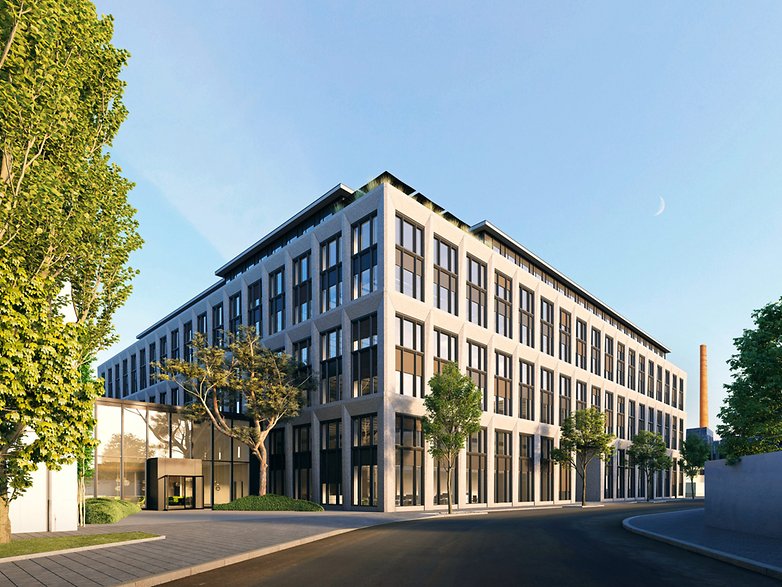
When you step inside, it is like entering a whole new world. It's not just the striking company logo on the wall that gives away our location, but also the characteristic furnishing, the clear style, and the harmonious combination of wood and glass used throughout, which subtly created an association with the brand.
Apple silicons are manufactured using the new 3 nm technology
Of course, Apple is also very proud of its own Apple silicons. The M3 Pro and especially the M3 Max are chips that are currently almost unrivaled in benchmarks. They are also leaders in terms of energy consumption. Apple regularly optimizes its chips according to the "performance per watt" metric. Apple chipsets are usually the benchmark in the industry.
In general, it is difficult not to use superlatives when it comes to Apple chipsets. Apart from the A17 Pro in the iPhone 15 Pro series, the M3 is currently the only chipset for private use that is manufactured using 3 nm technology by Taiwanese chip manufacturer TSMC.
This makes it possible to accommodate an incredible 25 billion transistors in a minimal space, compared to 37 billion for the M3 Pro and an incredible 92 billion transistors for the M3 Max.
Munich is fast emerging as Europe's high-tech hub
Returning to the topic of the Bavarian capital: nextpit is located in Berlin, a city renowned for being a hub for startups. Indeed, numerous companies have established their presence there, resulting in the creation of a significant number of job opportunities.
However, it must be acknowledged without envy that Munich is in the process of overtaking other cities. It is not just Apple that is investing heavily in the Bavarian capital and courting top talent in the field of artificial intelligence and other high technologies worldwide. Microsoft and many other companies are also focusing on Munich and creating jobs for future markets there.
This is good news for Munich, but also for Germany as a whole. It creates more jobs and underlines the fact that Germany has the potential to offer competitive personnel in future technologies. In any case, Apple now employs around 4,500 people in the country, of which over 2,000 of them are based in Munich.
They are currently working on innovations that we will have in our smartphones, tablets, and computers in a few years. Of course, smart glasses such as Apple Vision are part of the plan, and perhaps other devices that we have no idea about—yet.










